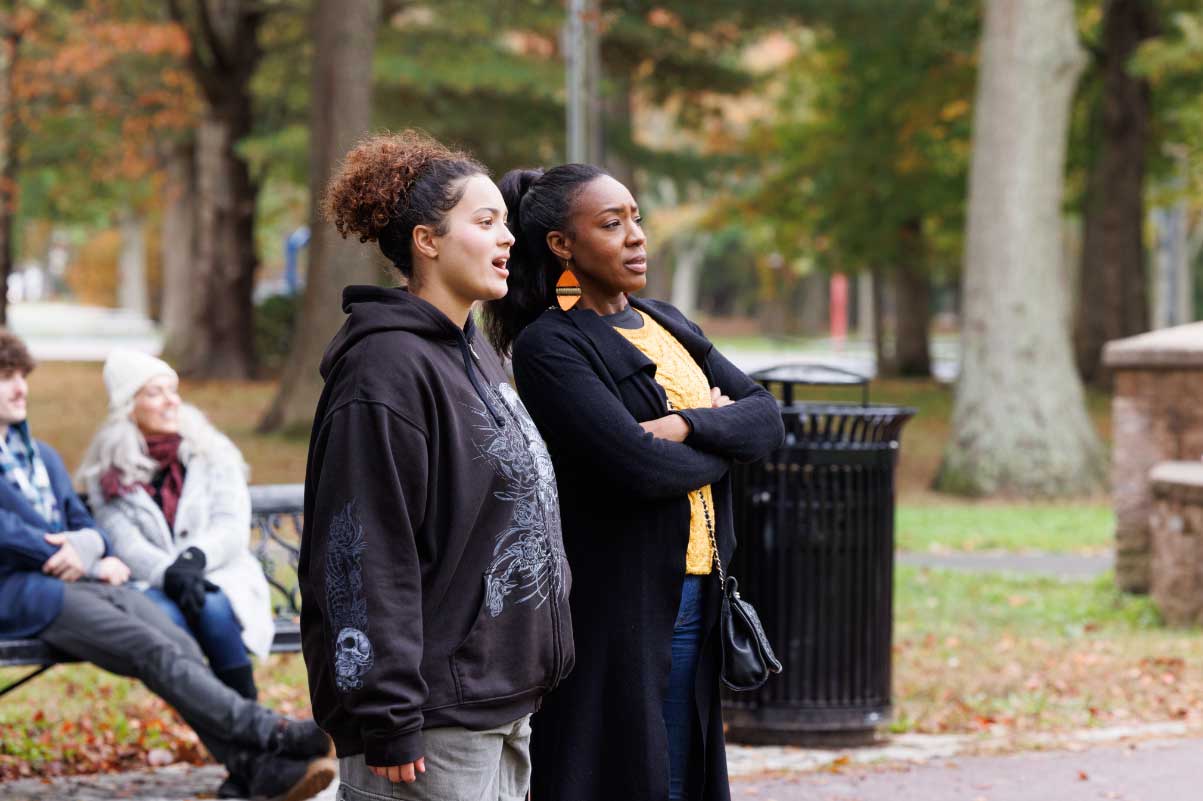Addiction is complicated, and recovery from it is a challenge that millions of people in the United States face every day. Although stigma and misinformation persist, millions of Americans are living in recovery – a daily challenge to choose long term health and wellbeing. Carrie K., a woman in long-term recovery, describes her journey, on the Faces and Voices of Recovery website:
“In less than two weeks, I will celebrate eight years of recovery, and my life is forever changed for the better because of my disease and the lessons I have learned in recovery. I am truly grateful to be in long-term recovery and continue to be amazed at all the blessings.
“My use of opioids began with my own prescribed medication, but quickly engulfed my life, when I crossed my morals and boundaries to feed my addiction. I attempted recovery in 2001 and achieved several years clean through treatment, and ongoing support … I relapsed in 2009, experiencing significant consequences/losses which could have derailed my success, but through willingness to do everything to recover, I surrounded myself with those who loved and supported me. I did everything those in recovery and my treating professionals urged me to do, including talking about the secrets I held deep and was afraid to let anyone hear. It was the salve to soothe the wounds, begin to heal, and mostly to finally accept myself.”
Recovery is a process through which people are able to live, work and participate fully in their communities. It’s a personal journey with the goals of hope, empowerment and autonomy. Recovery happens following a mental health or substance use challenge and goes hand-in-hand with the overall concept of wellbeing (a person’s physical, mental, professional and social health). As a First Aider, your actions can be a first step in someone’s recovery journey.
The Substance Abuse and Mental Health Services Administration (SAMHSA) describes four major dimensions of recovery:
- Health: Overcoming or managing disease and living in a physically and emotionally healthy way.
- Home: a stable and safe place to live.
- Purpose: meaningful daily activities, such as a job, school, volunteerism and family
- Community: relationships and social networks that provide support, friendship, love and hope.
The Mental Health First Aid curriculum tells us that we can support someone in recovery by inspiring a sense of hope, encouraging the person to take actions that will benefit their long-term recovery, and simply being there for them. Some people in recovery find support groups with others who have experienced the same or similar challenges to be helpful. Engaging in fun and healthy activities like attending exercise classes or community events are also ways of showing support.
Recovery is no easy feat and is rarely a linear process. Professionals who specialize in substance use and addiction treatment are striving for ways to improve recovery odds every day. The National Institute on Drug Abuse supports the Helping to End Addiction Long-term (HEAL) Initiative. This multi-agency initiative is funding projects nationwide to stem the tide of the national opioid public health crisis. HEAL’s detailed research plan outlines a number of focus areas and opportunities ranging from optimizing collaborative care for people with opioid use disorder (OUD) to determining the optimal length of medication-assisted treatment (MAT) for opioid addiction.
Together we can make long-term recovery a reality for everyone, regardless of where they start.
For more resources and information about recovery and National Recovery Month, check out the links below:
Recovery Stories – Faces & Voices of Recovery
References
Faces and Voices of Recovery. (n.d.). Carrie K.’s story. https://facesandvoicesofrecovery.org/blog/story/carrie-k/
Mental Health First Aid USA. (2020). Mental Health First Aid USA for adults assisting adults. Washington, DC: National Council for Mental Wellbeing.
National Association for Alcoholism and Drug Abuse Counselors (NAADC). (2021). Recovery definitions. https://www.naadac.org/recovery-definitions
National Institutes of Health (NIH). (n.d.). The Helping to End Addiction Long-term(HEAL) Initiative. U.S. Department of Health and Human Services. https://heal.nih.gov/
National Institutes of Health (NIH). (2021, January 27). NIH HEAL Initiative research plan. U.S. Department of Health and Human Services. https://heal.nih.gov/about/research-plan
National Institute on Drug Abuse (NIDA). (2019, September 26). NIDA’s role in the NIH HEAL Initiative. https://www.drugabuse.gov/drug-topics/opioids/nidas-role-in-nih-heal-initiative



